Martyr Made Starter Kit
Where to find all the content and features
Hey everyone. We’ve had a lot of new subscribers sign up lately, and some of you have reached asking where to find Martyr Made content. I thought I’d create this guide to help.
Here are links to the podcast feed for iTunes, Spotify, and YouTube. Individual series & episodes are listed down below. Later, when I have time (ha!) I will start, bit by bit, adding some reading recommendations for each one.
Please support the podcast by becoming a paid subscriber to the Martyr Made Substack, where you’ll get access to a ton of essays, podcasts, and other exclusive content for just $5 p/month or $50 p/year. This is a 100% listener-supported podcast. If I had funded this show by running advertisements, I would have been canceled overnight after last year’s Tucker Carlson interview. Fortunately, I don’t work for them, or anyone else except you, and that’s the way it will always stay.
I will keep expanding this post a bit at a time to include all Substack content, book and other media recommendations, my appearances on other podcasts, etc, but I’m going to post it now to help new subscribers find their way.
Fear & Loathing in the New Jerusalem (6 episodes)
The series that started it all. The conflict between Israel and Palestine can often seem like a permanent feature of the global order. The wars, intifadas, refugees camps, suicide vests, UN resolutions, and peace talks have been painfully burned into our collective consciousness. But how could this have happened? Was it always this way? That’s what we’ll seek to find out in Fear & Loathing in the New Jerusalem, a multi-part series exploring the history of the Israeli-Palestinian conflict. (Trailer is age restricted due to a few grisly images, so you have to click and go to YouTube to watch).
God’s Socialist - The Rise and Fall of Peoples’ Temple (7 episodes)
When the 1960s began, Dwight Eisenhower was President, Frankie Avalon was at the top of the charts, and few Americans had heard of Vietnam. By the end of the decade, the country had been politically and culturally transformed by war, the civil rights movement, and a youth rebellion unprecedented in American history. The rise and fall of notorious cult leader Jim Jones and his Peoples’ Temple movement provides a microcosmic portrait of a revolutionary era whose battle lines remain as social and political fractures to this day.
Whose America? (3 episodes + 2 more still to come)
In the mid-19th century, a typical American miner, longshoremen, factory worker, or other laborer could expect a life that was “poor, nasty, brutish, and short.” Workers’ rights were virtually non-existent. They were paid just enough to fend off starvation and exposure, and workers’ rights were virtually non-existent. Great masses of the labor force were made up of immigrants, who saw their work not only as a means to feed their families, but to carve out their own space in the American polity. This series tells some of the stories of the great men and women who fought, bled, and died on the picket lines for the basic rights enjoyed by all of us today.
Enemy: The Germans’ War (1 episode + many more to come)
The Second World War was the greatest catastrophe in human history. Sixty million people dead. Entire nations destroyed. All sides engaged in the wholesale slaughter of enemy civilian populations. And the nuclear demon unleashed upon the world. It was the war in which the United States and our allies conquered the world, and eighty years after Germany's defeat, the story of the war remains our civilization's most important load-bearing myth. Myths are stories told by the winners to legitimize their victory, but in real history the losers have their own story to tell. This series will explore the deep history of the Second World War through the eyes of the Enemy.
The Anti-Humans (1 episode)
History is replete with examples of leaders, nations, and empires who left a trail of blood behind them. But with the Bolshevik takeover of Russia after the First World War, something new crawled from the depths of the earth onto the surface of the world. Never before had a government shown such uninhibited savagery toward its own people, during peacetime, as a matter of policy and in the name of scientific management. After Nazi Germany was defeated in the Second World War, Stalin’s Soviet Union unleashed hell on the devastated nations of Eastern Europe, leaving behind an unmatched record of sadism and brutality. Listener discretion is strongly advised.
The Complete Jeffrey Epstein Series (3-episodes-in-1)
Imagine that you’ve been invited by a billionaire to fly on his plane to his private island. Upon boarding the plane, you’re seated and made by a stewardess in skimpy clothes. Soon, three more friendly young girls appear, offering food, drinks, massages, and anything else you might desire. None of the girls is related to your billionaire host, and none of them looks older than about 14. You, I, and everyone we know would either flee the plane before takeoff or else physically assault the billionaire, but countless Western elites stayed on that plane, went to that island, and maintained their friendship with Jeffrey Epstein. What was really going on here? Who was he working for? And why was he able to move so freely and openly among the people running our governments and corporations?
Blacks and Jews (6-episodes-in-1)
Long before the recent hullabaloo surrounding Kanye West’s self-immolation on the steps of the Anti-Defamation League’s headquarters, much ink had been spilled over the complicated relationship between American blacks and Jews - though, not much recently. When, every so often, a black celebrity hits the news for saying something that causes Jews to feel threatened or offended, the press treats each story as hermetically sealed off from the others. In truth, Kanye was just the most recent eruption of an old volcano, and the complicated history of the so-called “Black-Jewish Alliance” goes back over a century.
The Underground Spirit (1 episode)
There’s a quote always attributed to Winston Churchill – falsely, I think? – that goes something like, “If you’re not a liberal at 20, you have no heart. If you’re not a conservative by 30, you have no brain.” I’ve got a different version that I like a lot better, and it goes, “If you’re not reading Nietzsche at 20, you have no heart. But if you haven’t transitioned to Dostoevsky by 30…” In this episode, I look through the lives and work of the two 19th century existentialist authors, who have a great deal in common, but who, in the end, couldn’t be more different. This episode is outside the usual Martyr Made wheelhouse, but many people say it is their favorite. It was probably my favorite one to make.
Anything That Moves: The My Lai Massacre
This is an episode I did in conjunction with my friend Daniele Bolelli’s episode about the Sand Creek Massacre of 1864. The massacre of over 500 innocent, unarmed Vietnamese civilians at My Lai provides a lesson on how ordinary men become monsters.
Human Sacrifice and Cannibalism
These episodes were done in parallel with Daniele Bolelli’s History On Fire series on the Spanish conquest of Mexico. They are a bit light-hearted and – wait, light-hearted is definitely not the right word for these episodes on human sacrifice and cannibalism. Let’s just say I had some fun with the topics, and they are not intended as thorough investigations of each topic. I really like #8, How to Serve Man, but all three were fun to research and make. I failed to provide much on the Aztecs, though, which means I owe you guys an episode or two in the future.
The Madame Butterfly Effect (1 episode)
This is the story of the time a group of Japanese terrorists murdered a bunch of Puerto Rican Christians to help Palestinian communists fight Zionist Jews. Ah, the fruits of globalization!




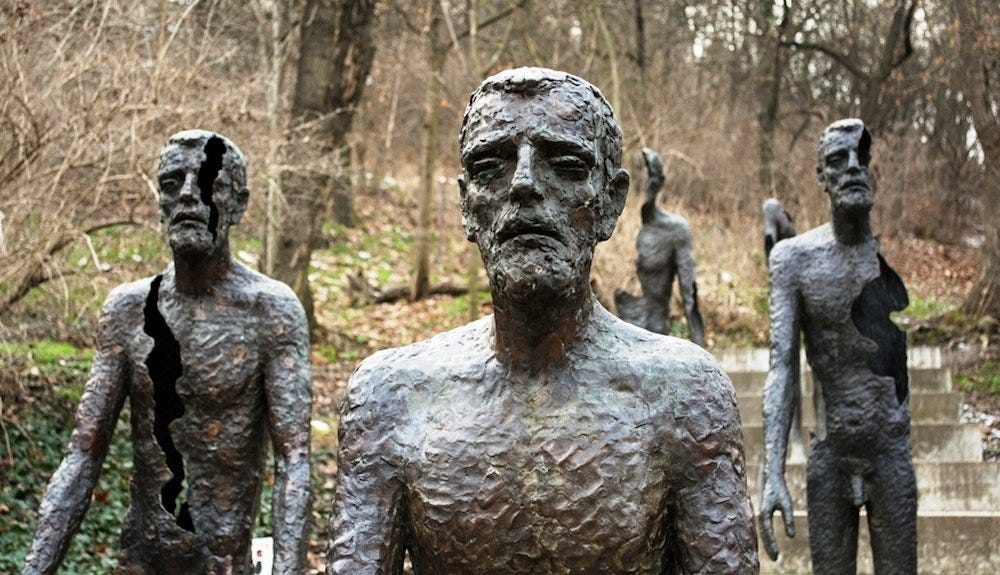
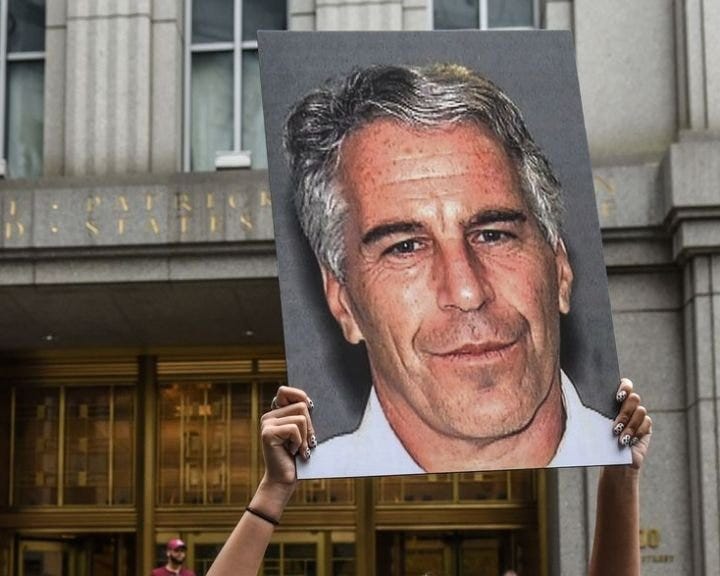
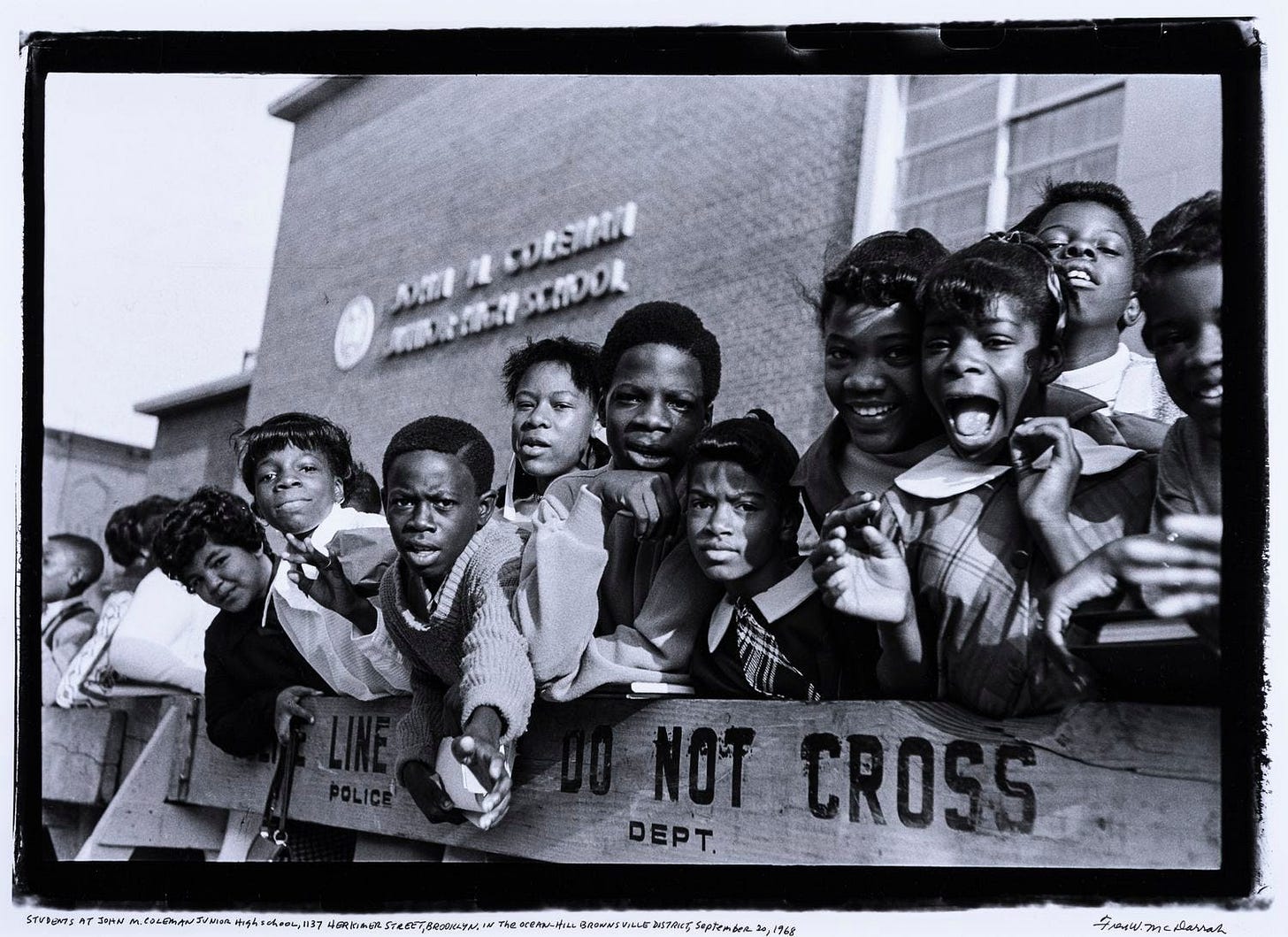
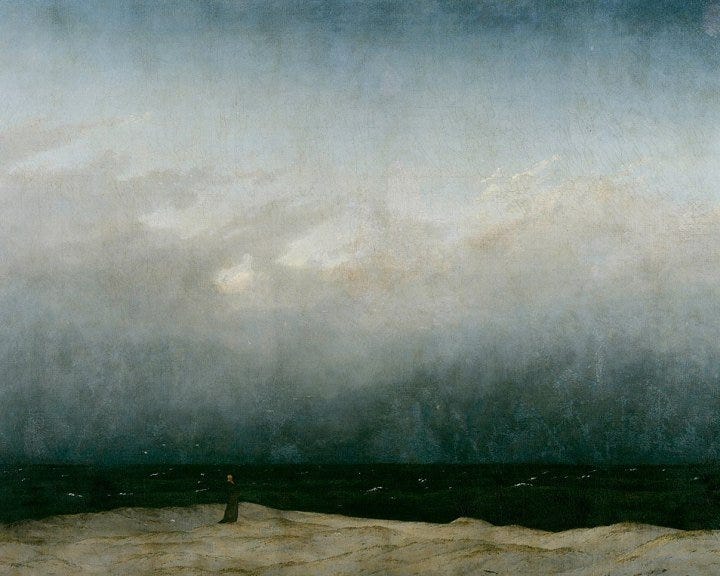
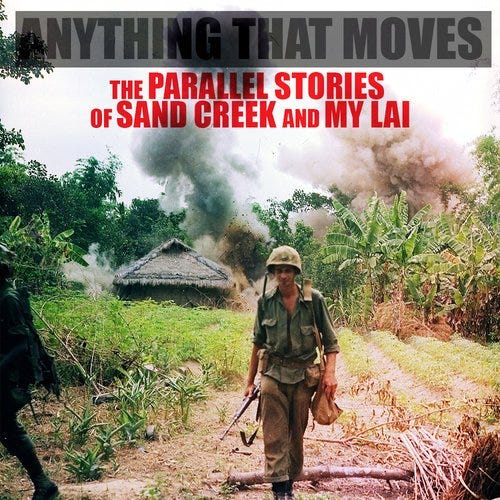

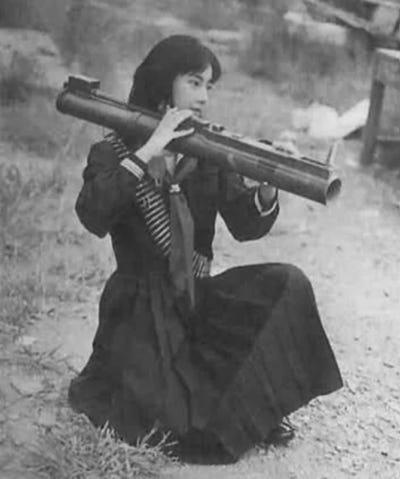
Don’t forget your excellent take on the Book of Job. I found it very interesting.
Madame Butterfly Effect hooked me originally. Gateway drug of a podcast.